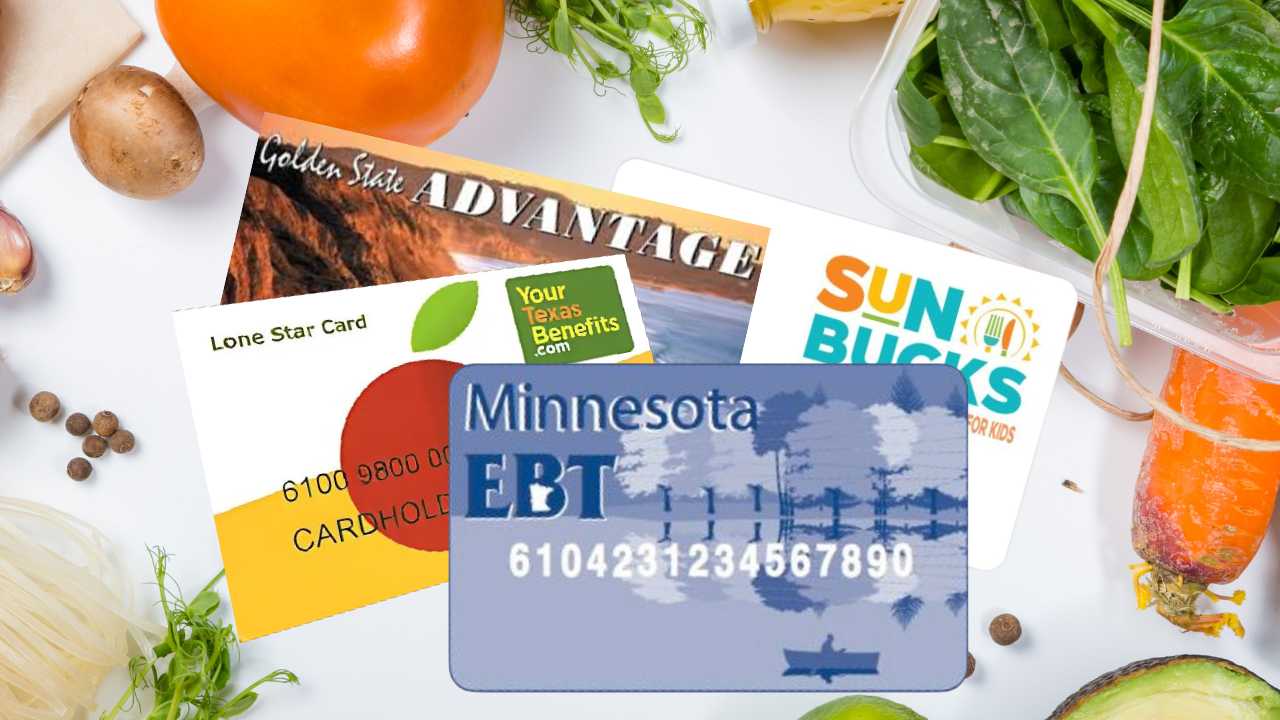For millions of Americans—working parents, disabled seniors, veterans, and children—SNAP benefits are the thin line between nourishment and hunger. Empty refrigerators, skipped meals, and impossible choices between food and medicine are the reality for those relying on this lifeline.
Now, the One Big Beautiful Bill Act (OBBBA) threatens to sever SNAP benefits (known as food stamps) with sweeping cuts and harsh new requirements. Since it was passed this week, experts warn of a hunger catastrophe unseen in decades, hitting the most vulnerable the hardest. Here’s how Congress could reshape survival for 40 million people.
The OBBBA’s SNAP overhaul: What’s changing after Trump’s bill?
The OBBBA ties state funding penalties to payment error rates in SNAP administration. States with higher errors would shoulder up to 15% of SNAP costs—a radical departure from today’s fully federal-funded model. For example:
- States under 6% errors: 0% cost share.
- 6–7.99% errors: 5% cost share.
- 8–9.99%: 10% cost share.
- 10%+ errors: 15% cost share.
States like New York (with error rates near 25%) face budget nightmares. Critics warn this could force states to cut benefits or even opt out of SNAP entirely.
The OBBBA also tightened the work requirements for SNAP beneficiaries. Now, here’s what to know from today on:
- Raises the exemption age for able-bodied adults without dependents (ABAWDs) from 54 to 64.
- Ends work exemptions for parents when their child turns 15 (down from 18).
- Strips 2023 bipartisan exemptions for veterans, homeless individuals, and youth aging out of foster care.
An estimated 270,000 vulnerable Americans could lose SNAP for failing to prove 20+ weekly work hours—despite barriers like unstable housing or mental health struggles.
$300 billion in SNAP cuts in the next ten years
The Congressional Budget Office (CBO) projects $300 billion in SNAP cuts over 10 years. Among the free changes we can remark the freeze for the SNAP benefits, with a blockage to the inflation adjustments to SNAP’s “Thrifty Food Plan,” locking aid to outdated food prices.
Also, the administrative burdens to states will pass from 50% to 75%, while there’s a new eligibility limitations: Caps deductions for utilities/internet costs and restricts legal immigrants’ access.
SNAP recipients to be impacted with the changes
According to projections, over 40 million Americans, including 13 million children, will face the risk of their payments to be reduced, while 8 million could face a total loss since they might not be eligible from now on.
Democrats blast the OBBBA as cruel and shortsighted. “It trades meals for tax breaks,” argues Senator Sherrod Brown (D-OH). Republicans counter that reforms curb fraud and encourage work.
Some others warn that SNAP fuels local businesses: Fore example, Nebraska’s 1,414 SNAP-reliant retailers generated $366 million in 2023. Cuts could shutter stores in “food deserts,” which are areas geographically away from places with fresh fruits and vegetables plantations.
But eyebrow-raising exemptions exist: Alaska—home to GOP swing-voter Senator Lisa Murkowski—won a temporary error-rate waiver. Critics call it a political bribe that rewards poor management.




